National Aeronautics and Space Administration (NASA) defines Climate change as a long-term change in the average weather patterns that have come to define Earth’s local, regional and global climates.
Over the years, the Earth’s climate has experienced tremendous variations resulting from burning fossil fuels such as oil and gas, which increase emissions of harmful gases. Detrimental elements of the human environment including deforestation, urbanization as well as other human and non-human factors contribute to the data on climate change.
A group of 1,300 independent scientific experts from countries all over the world, under the auspices of the United Nations, concluded there’s a more than 95 percent probability that human activities over the past 50 years have warmed our planet.

The direct effect of climate change on the environment includes: rising and fluctuating temperature, rising sea level, an increase in the ocean temperatures and so on. The translation of the effect of these to the immediate environment are extreme heatwaves and heavy rainfalls; more climate forced migration; an increase in food related crises especially for countries who have less food security; health related issues due to rising temperatures and its overall impact on agriculture.
The adverse effects of climate change on agriculture consequently affects not just the farmers, but the consumers as well. Conditions such as extreme heat, drought, flooding often lead to the decline of nutrients in the soil, which in turn causes low yields. Further declination of agricultural produce would not only affect the livelihood of smallholder farmers but also the general productivity and profitability of the agricultural sector.
How Babban Gona Mitigates Climate Change
Smallholder farmers in Africa are on the frontline of the world’s climate crisis and, unfortunately, will likely be the most impacted due to the increase in weather shocks. Babban Gona continues to drive efforts to simultaneously enable farmers to successfully adapt to climate change, as well as play a key role to mitigate climate change. Through the training provided to member farmers as part of our Farm University, we promote:
- Reduced deforestation: discouraging slash and burn farming practices and advising our farmers to trim, and not cut down, trees on their farm;
- Reduced crop burning: to prevent farmer members from burning residue at the end of harvest season;
- Crop rotation: members are trained on the importance of seed and crop diversification, as it is important to diversify their crops to build resilience to single-crop shocks, improve family nutrition, and diversify incomes;
- Optimized input use: as a result of an extensive farm analysis, we can provide a formula for optimal input use that prevents overuse of fertilizer with micro-dosing and other inputs. Furthermore, the fertilizers that we provide are tailored to supply discrete nutrients that the farm needs, resulting in less greenhouse gasses in the transportation of inputs between locations; and
- Building farmers’ resilience to climate related shocks: to build our members’ resilience to climate related shocks, we implement innovative solutions to increase their productivity and profitability, and use insurance to provide disaster relief.
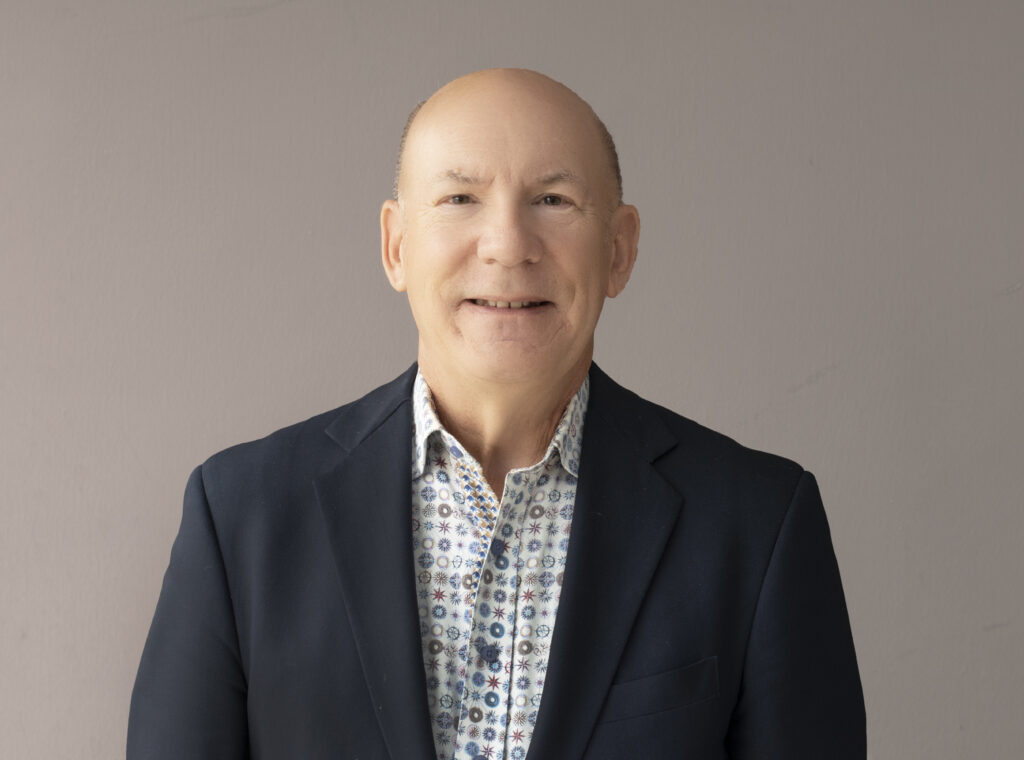

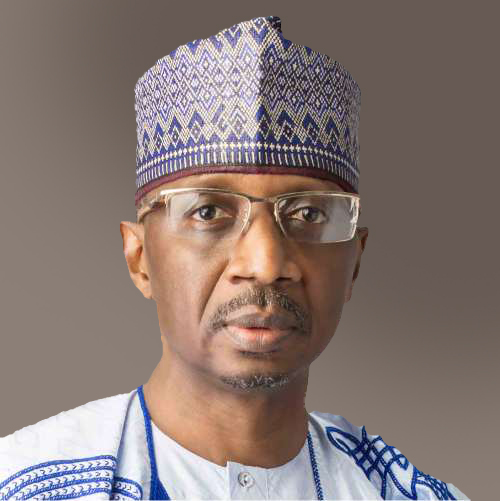
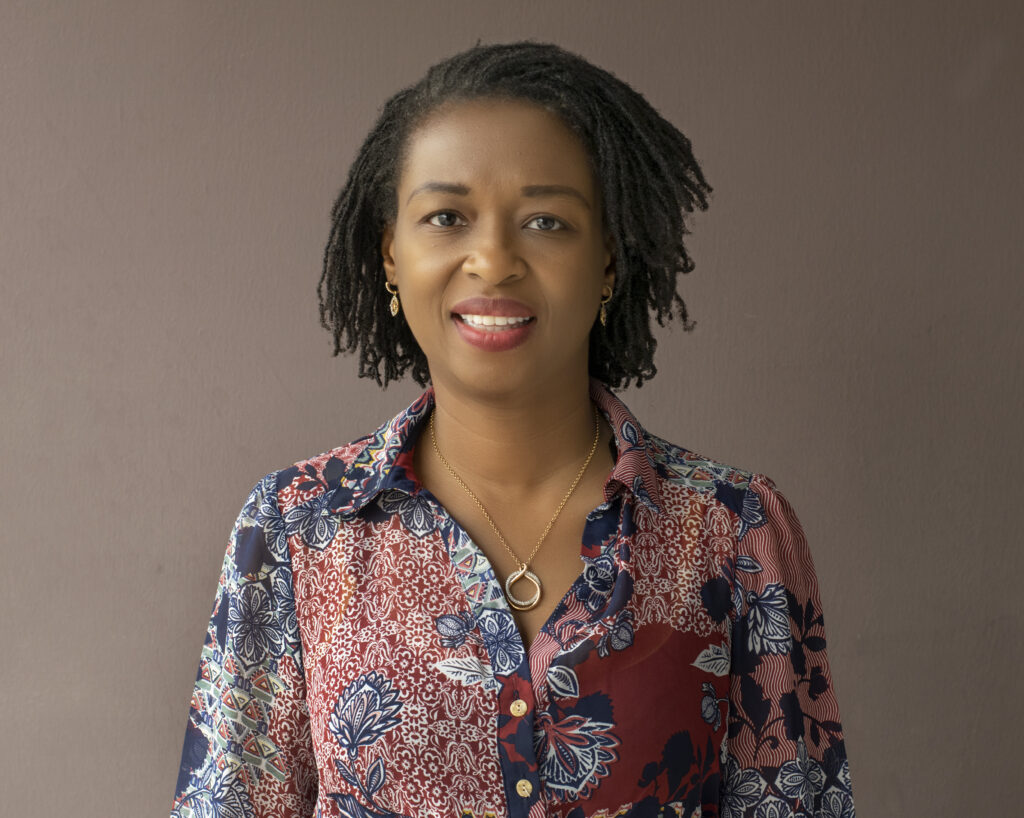
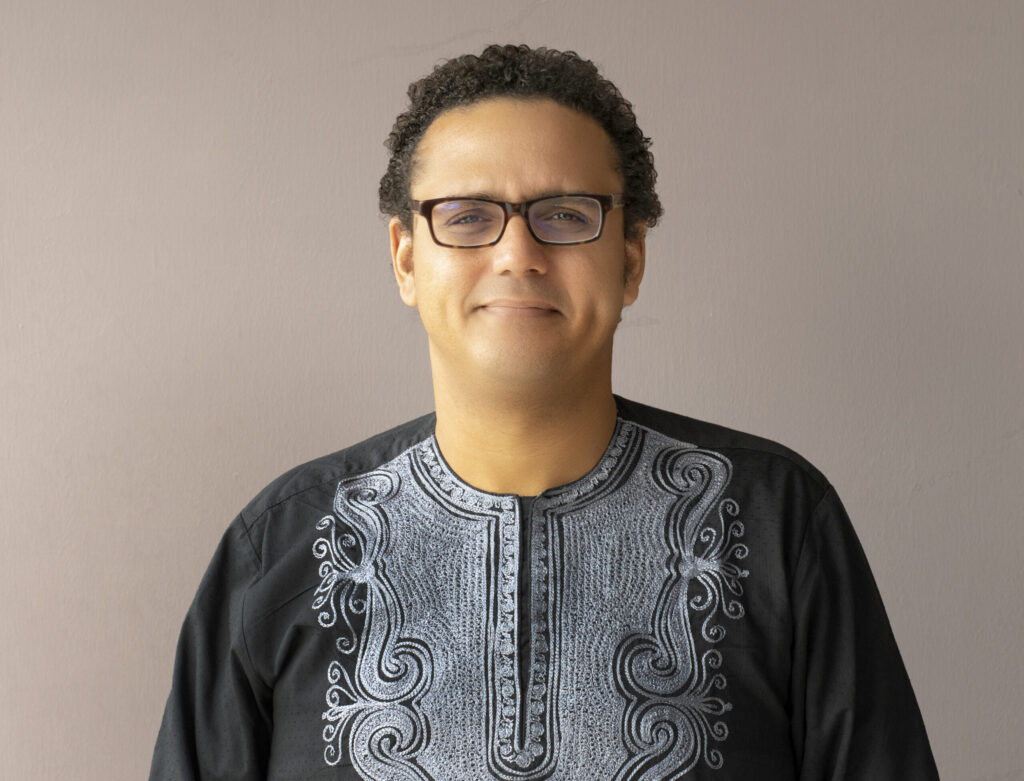
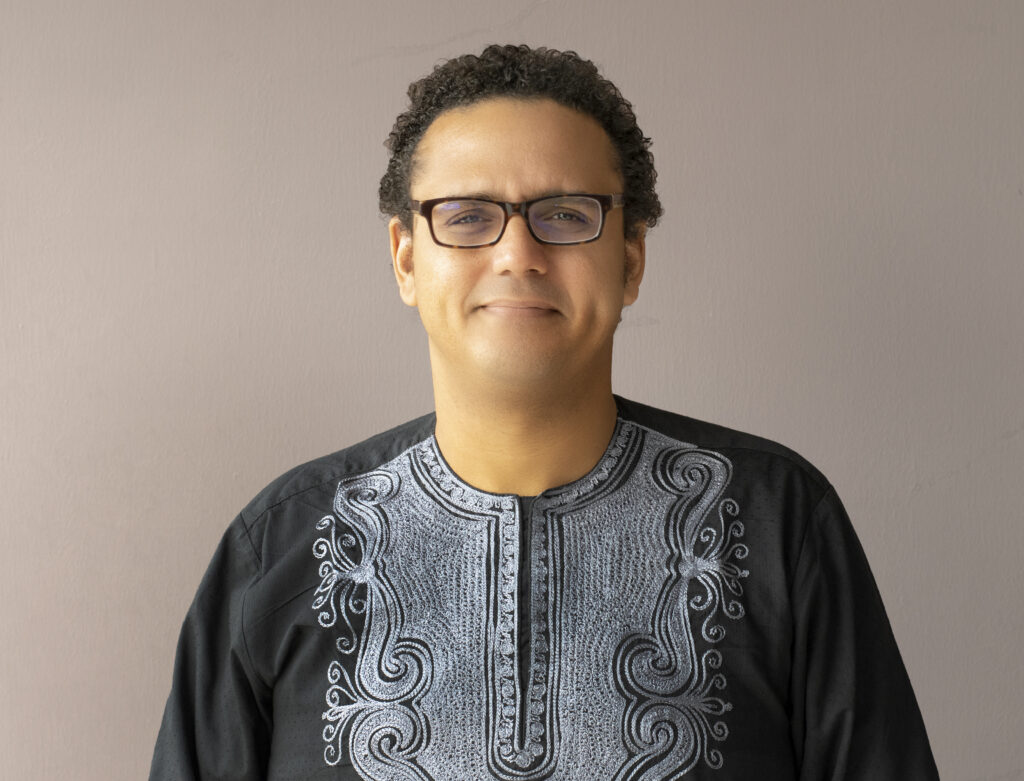
Good idea,We always thanks Babban Gona for tying to improve and modernize our farming from local and also assis us (small farmers) to multiple our yield.
Thank you Babban Gona.
Babban Gona for life.